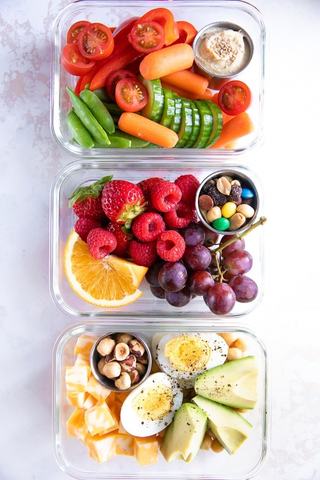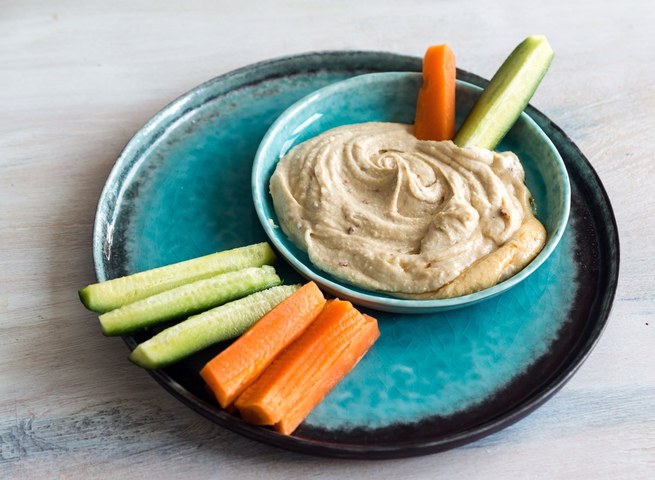Whether it's grabbing a quick bite in between tasks or munching on something while watching Netflix, snacks are a normal part of many of our daily eating patterns.
Despite what you may have heard, snacking can benefit your body as long as you do it right! That's why we've created a list of healthy snacking ideas and tips to follow, so you no longer have to worry about the drawbacks of your snacking!
Why are healthy snacks beneficial?
Aside from the apparent enjoyments of snacking, it has many other advantages as well! Eating snacks between meals prevents excessive hunger at mealtimes and thus reduces overeating. As well as this, sometimes eating a nutrient-rich diet can be difficult, and so snacking provides the perfect opportunity to meet your daily nutritional requirement.
Use this list of smart and healthy snacking techniques to enable you to snack better and with more enjoyment!
Prioritise Nutrients Instead Of Calories.
It is easy to confuse food items with low calories as being healthy. Rather than looking at the calorie content on the item, consider its nutritional value instead. Some nutrients worth considering in your snacks include fibre, vitamins, minerals, protein and healthy fats.
Pack Snacks To Go
Choosing to eat healthier snacks requires a little bit of pre-planning. You must plan to ensure that you won't eat junk food when you get hungry on the road. Pack some grab and go snacks in small plastic bags in order to keep you on track with your goals and eat the correct portions. You should pack items that don't require refrigeration, like crackers, trail mix or granola.

Eat The Correct Portion Size
Even though the snacks are "healthy", it does not mean you can eat a massive serving of them. They are not supposed to replace meals, and an excess amount can still result in weight gain. Thus, you must enjoy snacks in moderation and be cautious of portion sizes.
Tune Into Hunger Cues
Boredom and stress eating is prevalent amongst people of all ages. Thus, to ensure the snack is even necessary, it is crucial to listen to your hunger cues and ask yourself whether you're hungry or just bored.

Opt For Whole Foods
You should always try and avoid processed foods as they are likely to be less nutritious. Instead, try choosing whole foods whenever possible. Whole foods include fruits, vegetables, legumes, nuts, seeds, whole grains, meat, fish and eggs. You can even make delicious snacks at home using whole foods! A few easy snacks to make are homemade trail mix, veggies and hummus, yoghurt and granola or fruit and cottage cheese.
Shifting to healthier snacks may be challenging at first, but trust us, you won't go back to your old snacking habits if you use these tips.